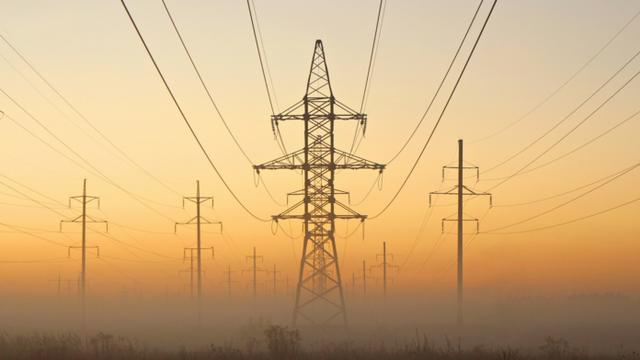Russia's latest attacks cause 10-12% loss of power generation capacity available in March

The latest intensive attacks by the Russian aggressor on the energy system, Ukraine has lost 10-12% of the generating capacity available at the time of the first attack on March 22, said Oleksandr Kharchenko, director of the Energy Industry Research Center (EIR Center).
“The blows to generation are significant, many generation capacities are broken, we have lost more than 10% of the generation that was available to us on March 20. This is something that, most likely, cannot be restored quickly. Probably, most of these objects will not be restored until the next heating season,” Kharchenko said at a briefing at the Ukraine-Ukrinform media center on Friday.
According to him, the situation is very complex and requires focused action not only from energy workers, but also from everyone who can influence its improvement.
At the same time, he noted that Ukrenergo has provided high-quality protection for its main networks and has a reserve and flow of equipment for restoration, and the worst situation with both protection and restoration is in coal generation, which was targeted by the enemy.
“I don’t see how coal power units will be restored,” Kharchenko said.
He also added that the situation is complicated by the fact that one of the 1GW nuclear power units is undergoing emergency repairs, which was not operating at full capacity during the winter period “due to technical difficulties.”
“It is impossible to predict when it will return to work,” the analyst said.
Assessing the consequences of the shelling, he noted that they would not be so critical if the shelling had occurred, for example, in February, but difficult times lie ahead for the energy sector.
“Now we are in the spring lower peak of consumption, and at the same time hydropower, which can operate, is working at full capacity because of the flood. But in the summer the situation will change. The summer peak of consumption will be in the second half of July-August and even with maximum imports, it is difficult to foresee what kind of deficit there will be,“ the director of the center described the situation.
He emphasized that it is even more difficult to talk about the prospects for the next heating season, preparation for which requires emergency measures and quick response.










